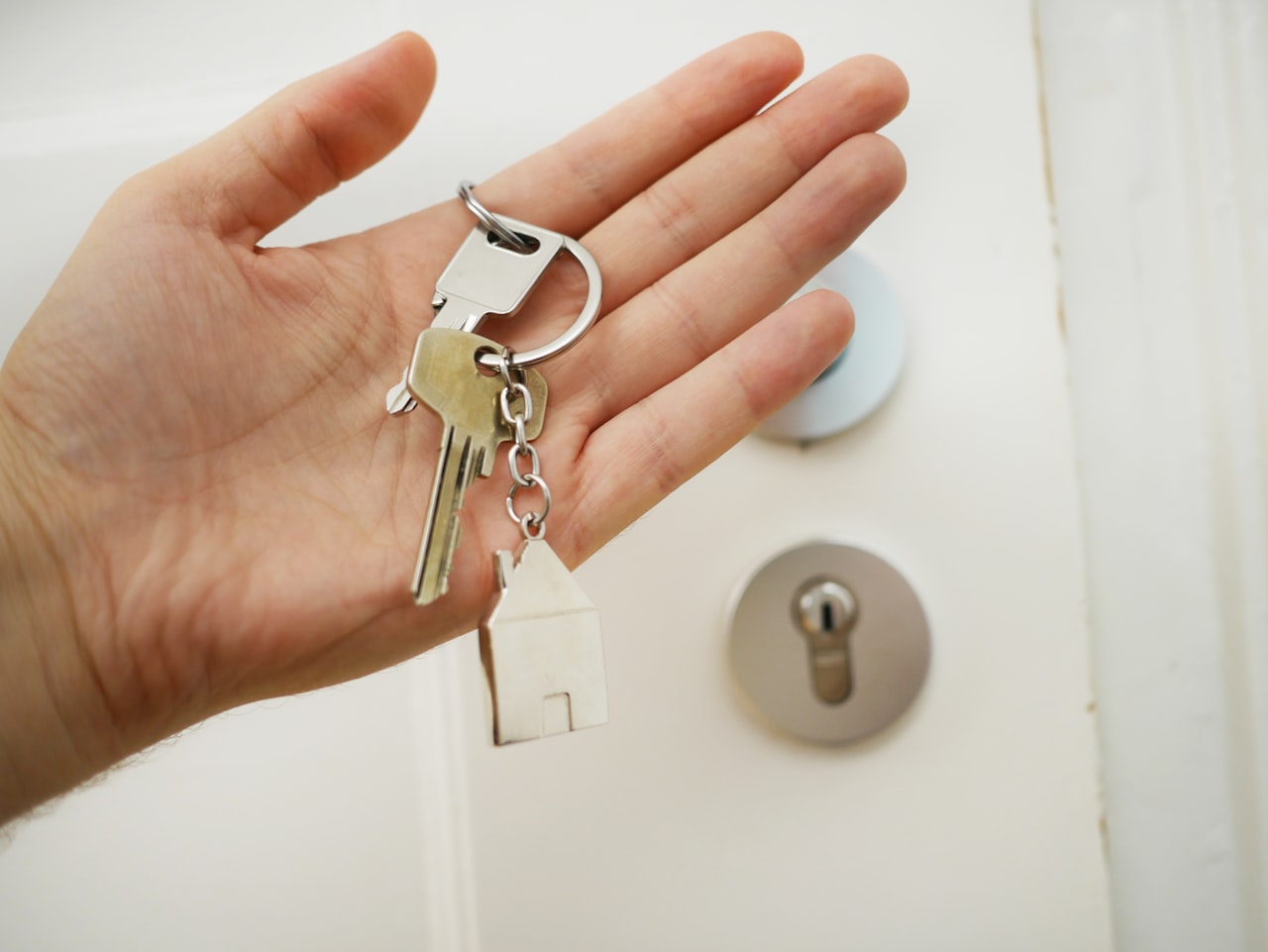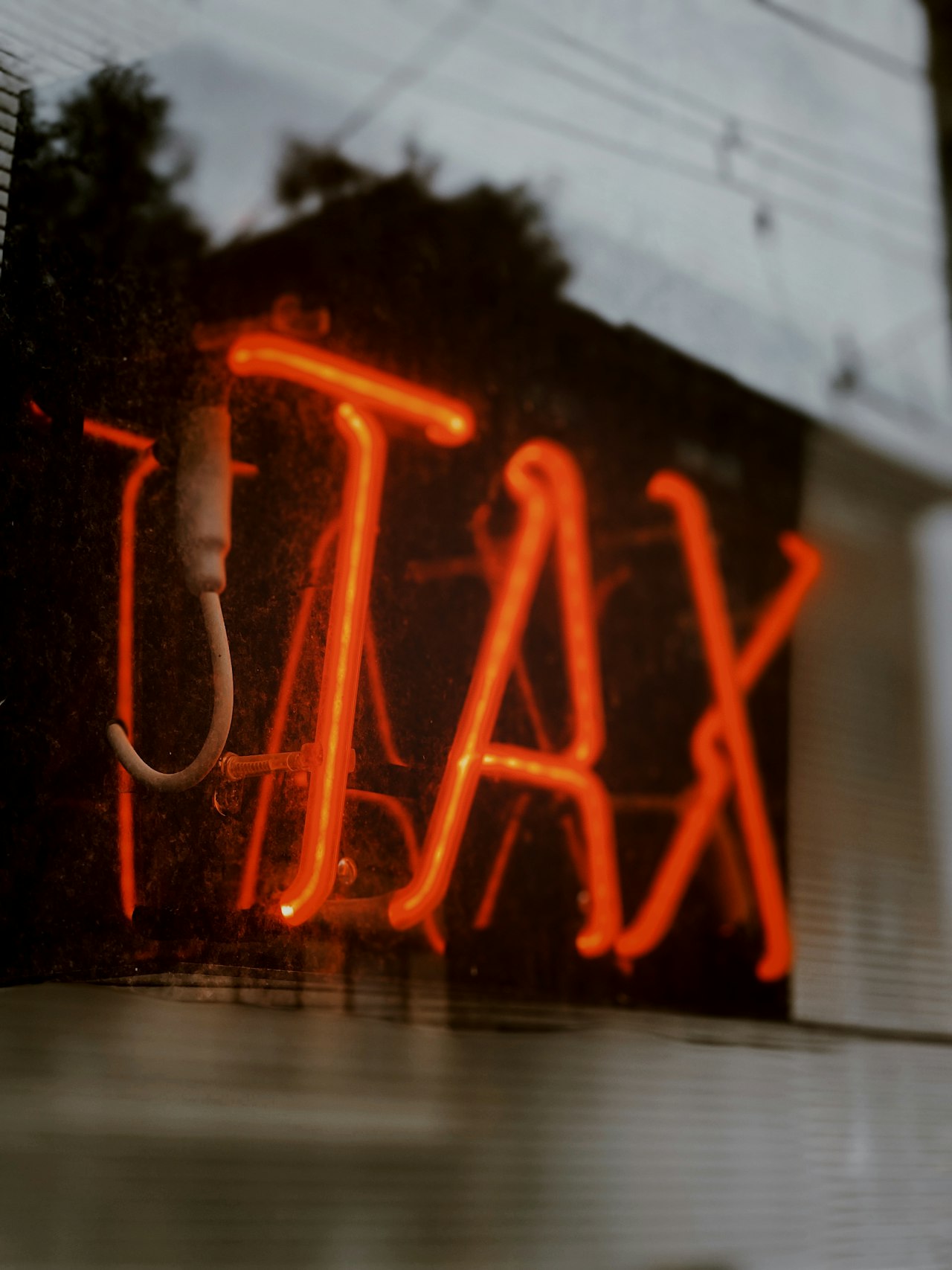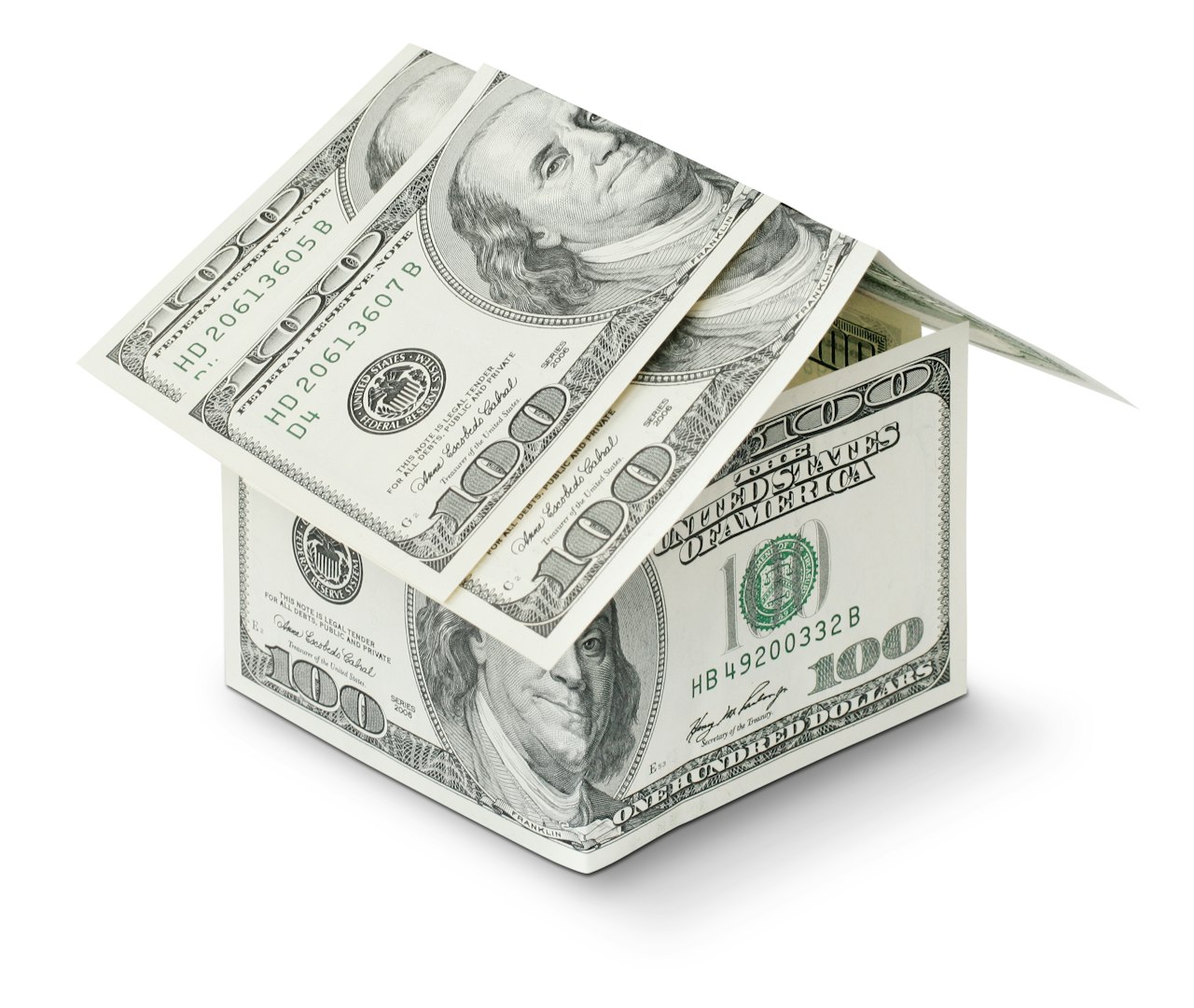Presidential elections are a significant event in the U.S. economy, with far-reaching effects on various industries—and the housing market is no exception. While it’s impossible to predict the exact impact of a given election on housing trends, historical data suggests that certain patterns do emerge during election years. For example, mortgage rates often decrease leading up to an election, while home prices and sales tend to rise the year following an election. But why does this happen? In this post, we’ll explore how presidential elections affect the housing market and what homeowners, buyers, and investors can expect.
1. Mortgage Rates Often Decrease Before an Election
Historically, mortgage rates have shown a tendency to decrease in the months leading up to a presidential election. This trend is linked to a combination of factors, including the Federal Reserve's stance on interest rates, market uncertainty, and investor sentiment.
-
Federal Reserve Policies: Ahead of an election, the Federal Reserve may lower interest rates to stimulate the economy and avoid any major disruptions. Lower rates often result in lower mortgage rates, making home buying more affordable and encouraging buyers to enter the market.
-
Market Uncertainty: As the election approaches, economic uncertainty often increases. Investors tend to move money into safer assets, like U.S. Treasury bonds, which in turn pushes down interest rates. When bond yields fall, mortgage rates often follow suit, creating a more favorable borrowing environment for potential homebuyers.
-
Political Stability: The anticipation of a new president or a change in leadership may prompt cautious optimism in the housing market. Buyers may be more inclined to make purchasing decisions when they believe that the election results will bring economic stability or a clear policy direction.
2. Increase in Home Prices and Sales in the Year After the Election
After the election, the housing market tends to heat up. This is especially true in the year following the election, when both home prices and sales typically see an increase. There are several key reasons for this:
-
Post-Election Economic Confidence: Regardless of who wins the election, there is often a sense of renewed economic confidence following the resolution of political uncertainty. Once the election is over, people are more likely to resume major financial decisions, including buying or selling homes.
-
Government Policy Impact: The policies introduced by the new administration—such as tax cuts, infrastructure spending, or housing incentives—can have a direct influence on the housing market. For example, in previous elections, programs aimed at stimulating homeownership or supporting mortgage lending have led to increased demand for homes in the months following the election.
-
Increased Consumer Confidence: Consumers tend to feel more comfortable making large investments like purchasing a home once the election results are clear. With interest rates often remaining favorable and economic policies being clearer, many people see the year after the election as an optimal time to enter the housing market.
-
Surge in Home Buying Activity: Historically, the year following a presidential election sees an uptick in home sales, with both first-time buyers and move-up buyers looking to take advantage of the conditions. Sellers who may have held off during the election year are often more willing to list their homes after the results are in, leading to increased inventory.
3. How Election Cycles Shape Housing Trends
To understand how presidential elections influence the housing market, it’s helpful to look at historical trends. While no two elections are the same, past patterns reveal some recurring dynamics:
-
The Election Year Dip: Typically, the months leading up to a presidential election see a slowdown in housing activity. This is due to a combination of market uncertainty, the natural ebb and flow of seasonal demand, and the reluctance of many buyers to make major decisions during an election year. The uncertainty around potential policy changes and the overall direction of the economy can make many people hesitant.
-
The Post-Election Boom: Once the election is over and the outcome is decided, the housing market tends to see a surge in activity. With lower mortgage rates, clearer economic policies, and renewed consumer confidence, home prices typically rise and sales pick up. Buyers who were waiting for the election results often rush to secure homes before interest rates increase again.
4. Key Factors Affecting the Housing Market Beyond Elections
While presidential elections certainly play a role in shaping housing trends, there are other important factors that influence the market, including:
-
Interest Rates: The Federal Reserve’s interest rate decisions—independent of the election—have a significant impact on mortgage rates. A low-interest-rate environment can stimulate housing demand, while rising rates can have the opposite effect.
-
Local Market Conditions: Housing markets are highly local, and national trends do not always apply in specific regions. Factors like job growth, migration patterns, and local supply and demand play a crucial role in determining home prices and sales activity in any given area.
-
Economic Conditions: Broader economic factors, such as GDP growth, unemployment rates, and consumer spending, also have a significant impact on the housing market. If the economy is growing steadily, housing demand is likely to increase, regardless of the political landscape.
5. What Does This Mean for Homebuyers and Sellers?
For homebuyers, understanding the historical relationship between presidential elections and the housing market can provide a strategic advantage. If you’re looking to buy a home, consider the timing. Mortgage rates may be lower before or after an election, making it a good time to secure financing. However, be prepared for potential competition in the months following the election when inventory increases and demand surges.
For sellers, the post-election period often represents a window of opportunity. If you’ve been holding off on listing your home, the year after the election can be an ideal time to take advantage of increased buyer interest and rising prices. However, it’s always essential to keep an eye on local market conditions to determine the best time to list.
Conclusion
Presidential elections undeniably impact the housing market in various ways, from influencing mortgage rates to shaping home price trends. While elections themselves create temporary uncertainty, they also create opportunities in the months and years that follow. By understanding historical trends, homebuyers and sellers can better navigate the cyclical nature of the housing market and make informed decisions based on the political and economic climate.
If you're planning to buy or sell a home during an election year, it’s wise to keep an eye on mortgage rate trends, national economic policies, and local housing conditions. Whether you're looking for a new home or planning to sell, the year after a presidential election may offer the perfect opportunity to make your move.



























































































